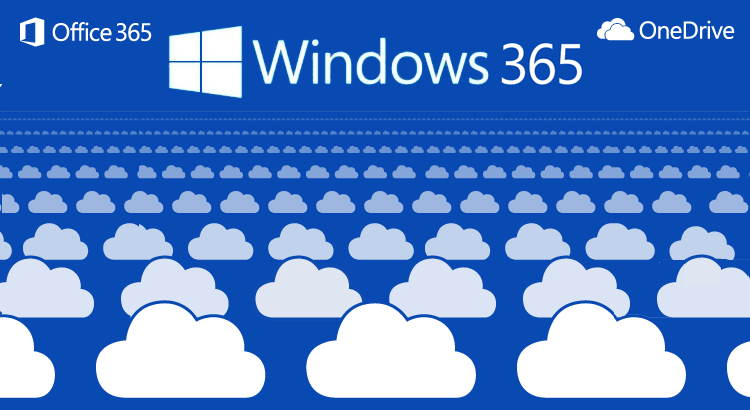One of the major concerns of any enterprise is security. In fact, it is one of the very first priorities of startup companies: they enhance security to protect their important data, their developments, and their notes, as they are just budding companies and would hate for any information to be taken or intercepted by others to be used for their own gains. In a similar fashion, it is an even bigger concern for larger companies.
They patent and protect their products and enforce strict security measures upon their employees and their systems, closely monitoring whoever has access to their files. Their patents and products, as well as logs, production lines, affiliates, connections, and more are kept very much under wraps, especially in technology-related companies.
Security IS the Priority
Many companies these days allow their employees to bring their own devices, or maybe even provide them. These might be tablets, laptops, smartphones, and the like. This makes it easier for employees to work from virtually anywhere and be comfortable in their own home interfaces. This is especially obvious in virtual offices, where employees might not even be in the same building and instead are in their own homes working. This could present a considerable data safety concern. Not everyone’s protection will be standard this way. A host of RingCentral tips (the company is a VoIP service and virtual office service provider, thus making them remarkably well-versed in online security) recently appeared in a blog post, discussing how to improve security, further emphasizing the need for security.
Picture Password
Among the blog posts RingCentral has decided to feature involves making sure that employees enable lock screens whenever they’re not using the device. Even leaving one’s terminal may require locking the terminal first. Now, this is a fairly useful piece of advice—but this might not be enough as well, especially if a single password (as in most company computers) is what is stopping other people from accessing the terminal or the mobile device.
This is what Microsoft’s new Picture Password is hoping to rectify. This applies to their devices running Windows 8. It works a lot like a swipe lock on most devices, but instead of having to swipe a pattern, it uses a picture. Presented with a static picture of the user’s own choosing, they can set a swiping pattern (maybe to individually touch the faces of each daughter or encircle a dog’s head) that only they would know and allow them to access the terminal or device.
This is considerably safer than having to employ an alphanumeric password, or a swiping lock screen. This innovation is already being lauded by many reviewers who have experienced this new feature, and have found that this, in fact, may be the last lock screen you will ever need. Already, this feature is being mimicked by apps, making it available even to Android devices.
With the way business and the field of electronics are these days, even the slightest leak could compromise an entire release. Companies (both electronics and software specialists) have been working round the clock to improve security features in their products.
Leiden Johnson is a photographer by trade but loves all those geeky, tech stuff and the outdoors. If she's not working or going out, you can see her in front of her computer either writing about anything or playing MMORPG’s which helps her to be more creative in her photoshoots. Follow her on Twitter.

1 Comment
Leave a Reply
Cancel reply
Leave a Reply
This site uses Akismet to reduce spam. Learn how your comment data is processed.




















































































































































































Sarah Park
November 24, 2012 at 3:02 am
Hi,
Picture password is just so cool. I’ve been using this on my smartphone as well, since I am a very private person.